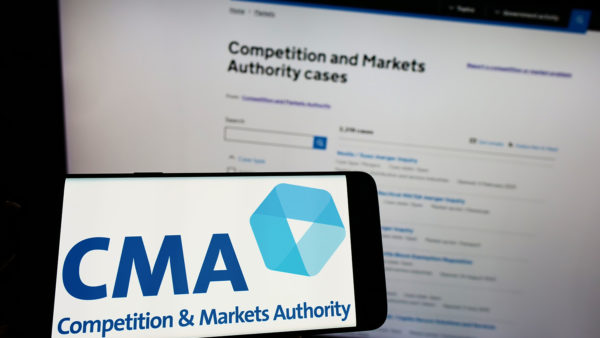Construction firms who operate globally should consider a recent ruling in Qatar which centres on application of the rules for demand guarantees. Theresa Mohammed and Tamsin Lim explain.
There is clearly going to be an economic aftermath of covid-19 felt internationally, and project delays during lockdown may result in disputes, costs overruns and insolvencies later this year. Companies are therefore advised to review the forms of security open to them.
For companies operating abroad, particularly in the Middle East, the Leonardo v Doha Bank Assurance Company case in Qatar is significant. It provides guidance on the function of the Uniform Rules for Demand Guarantees (URDG), a set of contractual rules created by the International Chamber of Commerce applying to on-demand bonds and guarantees.
In March 2016, Leonardo entered an engineering subcontract with PAT Engineering Enterprises to provide a low-level radar system to the Qatar Armed Forces. PAT was required to provide guarantees under the terms of its subcontract: an advance payment guarantee (APG) and a performance bond. It provided these via Doha Bank Assurance Company in April 2016.
Leonardo became dissatisfied with PAT’s performance and terminated its subcontract in May 2018. Leonardo made several demands on the guarantees over the course of 2018 but was rejected each time.
A dispute regarding the validity of Leonardo’s demands was referred to the Qatar International Court in 2019, resulting in judgement in favour of Leonardo. The bank appealed the judgement unsuccessfully. The appeal court considered the validity of Leonardo’s demands under the guarantees and the validity of the bank’s rejection of Leonardo’s demands. It considered:
- Interpretation – whether Leonardo’s demands complied with the guarantees’ terms as required by the URDG;
- Preclusion – whether the bank was precluded from challenging Leonardo’s demands on the basis that they did not comply under URDG article 24;
- Excessive demand – whether the demand on the APG was excessive and therefore invalidated by URDG article 17.
In its judgement, the court reviewed the three core principles underpinning the URDG: autonomy, where a guarantee is insulated from the underlying contract; documents, where only the documents dictate the parties’ rights and obligations; and compliance, where the documents presented must strictly adhere to the terms of the guarantee.
The court noted these principles were aimed at the commercial importance of certainty and predictability. Parties engaged in future disputes should be entitled to rely on the URDG rather than historic national case law. The court anticipated that this approach would be adopted by courts worldwide.
Against this backdrop, the court considered the three issues in the appeal.
On interpretation, it held that the issue could and should be determined solely by reference to the terms of the guarantees and the URDG. Neither required Leonardo to have made a claim in writing against PAT before making its demands on the bank, nor attach a copy of that written claim to such demands. The demands therefore complied with the terms of the guarantees.
Next, the court ruled that the bank was precluded from relying on its assertion that the demands should have been supported by a prior claim against PAT in writing. This was because it had not provided notice of that ground for rejecting the demands when it served notice denying liability.
Finally, on the excessive demand issue, the court said the limit of the APG had not been reduced and so the resulting demand was not excessive.
This ruling sheds light on how an international court may interpret demand guarantees. Guarantors will have to establish a clear breach of an express documentary term of the guarantee to challenge demands. Beneficiaries may now have more certainty that a demand under a guarantee will be paid out.
Theresa Mohammed is a partner and Tamsin Lim a solicitor at Trowers & Hamlins









